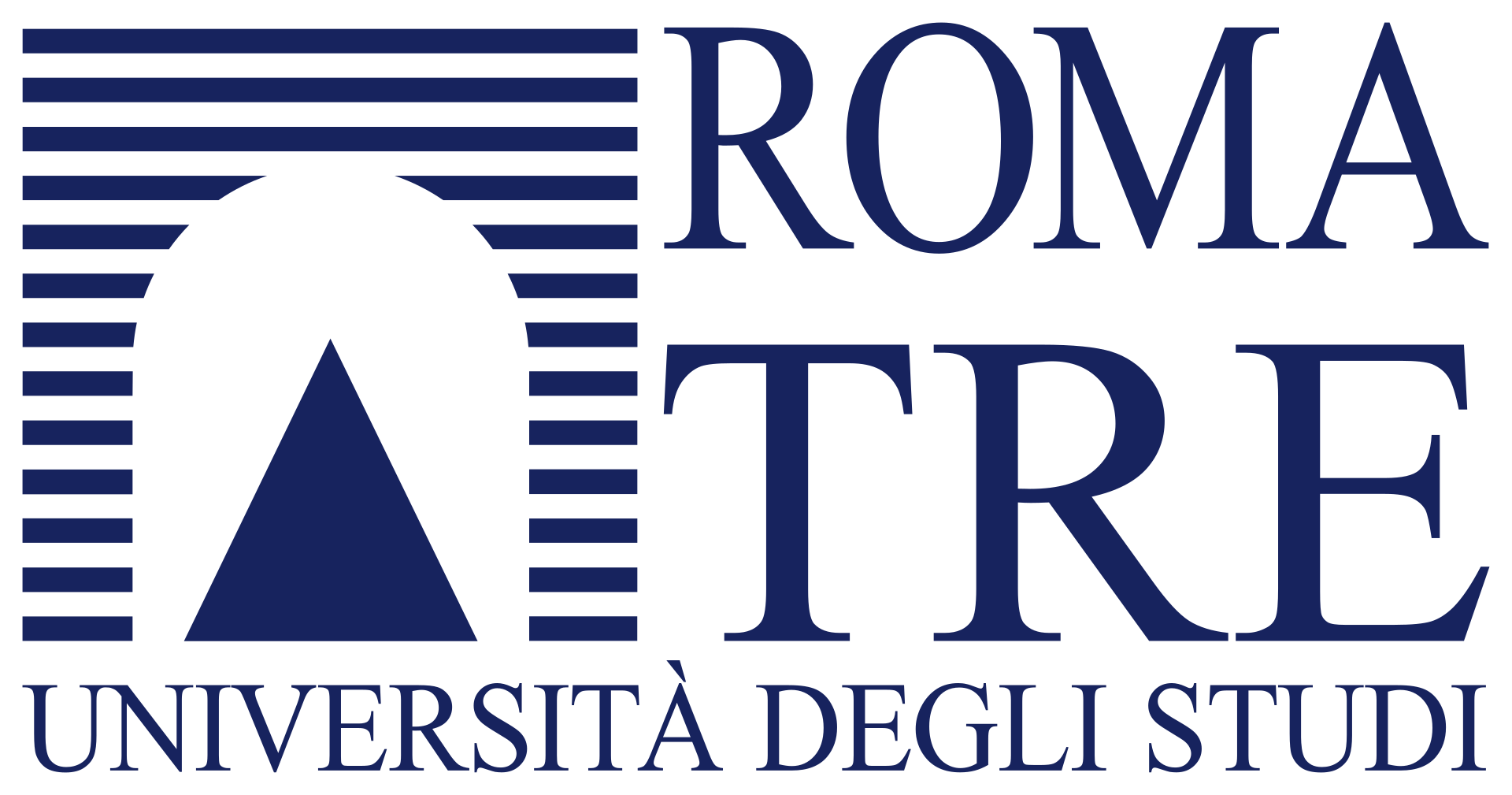Objectives
The DOMAIN project is an ambitious initiative that seeks to revolutionize the field of computing through the integration of heterogeneous systems. Our objective is to harness the diversity of modern computing units - from CPUs and GPUs to specialized processors - and to develop a full-stack approach that empowers domain experts across various fields. By focusing on Domain-Specific Languages (DSLs), we aim to create a seamless and efficient programming environment, reducing the complexity and enhancing the performance of applications in heterogeneous computing ecosystems.
Scientific and Technological Methodology
The DOMAIN project is based on a full-stack approach that integrates the entire computing ecosystem, from the application layer to the hardware layer. The project will develop new DSLs and compiling toolchains, software runtime environments, and operating system supports. The goal is to allow domain experts to efficiently code applications, leveraging the full potential of these complex architectures with minimal technical involvement.
We are creating the support to design sophisticated DSLs that provide high-level, semantically-rich programming abstractions. These DSLs are designed to be intuitive for domain experts, allowing them to focus on their field of expertise without needing in-depth knowledge of the underlying hardware complexities.
The DSLs will be supported by dedicated compiling toolchains and runtime environments. These are aimed at optimizing the execution of applications written in these DSLs across various heterogeneous platforms. By doing so, we ensure that the applications not only run efficiently but also effectively leverage the full potential of the underlying hardware.
Overall Strategy
The overall strategy for the DOMAIN project is deeply rooted in a technical and methodical approach, focusing on the intricate challenges posed by heterogeneous computing environments. At the forefront is the development of a robust, full-stack system that seamlessly integrates with the complex landscape of modern computing architectures. This strategy emphasizes the creation of advanced Domain-Specific Languages (DSLs) and the corresponding compiling toolchains, which are tailored to maximize the efficiency of these diverse systems.
Central to our strategy is the innovation in software runtime environments and operating system support. This includes fine-tuning operating systems to better manage and utilize the full capabilities of heterogeneous platforms, ensuring optimal performance and resource allocation. The approach is iterative and responsive, adapting to the rapid advancements in hardware and software technologies.
The project also dedicates a significant portion of its resources to rigorous testing and validation. This ensures that the solutions developed are not only theoretically sound but also practical and effective in real-world scenarios. By continuously refining our methods and tools based on feedback and performance metrics, DOMAIN aspires to pioneer a new era in computing where complexity is no longer a barrier but an asset for technological advancement and innovation.
Consortium

Tor Vergata University of Rome
The University of Rome Tor Vergata, located in the southeastern suburbs of Rome, Italy, is a public research university known for its modern approach to higher education and research. Founded in 1982, it has established itself as an institution committed to fostering an international environment and promoting interdisciplinary studies. Tor Vergata is renowned for its strong emphasis on scientific research, offering a diverse range of programs in fields like Engineering, Medicine, Economics, and the Sciences.

IASI-CNR
The IASI-CNR Institute, short for the Institute of Systems Analysis and Computer Science "Antonio Ruberti", is a prestigious research institution in Rome, Italy, operating under the National Research Council (CNR). Renowned for its groundbreaking work in computer science and systems analysis, the institute focuses on a wide array of research areas including bioinformatics, algorithmic mathematics, and artificial intelligence. It plays a pivotal role in advancing computational science both in Italy and internationally, collaborating extensively with academic and industrial partners.

Roma 3 University of Rome
Roma Tre University, located in Rome, Italy, is a dynamic and rapidly growing academic institution known for its dedication to excellence in education and research. Established in 1992, it has quickly risen to prominence, offering a wide range of undergraduate and postgraduate programs across disciplines like Humanities, Engineering, Law, Economics, and Sciences. The university is celebrated for its vibrant campus life, strong community engagement, and commitment to fostering an inclusive and innovative learning environment.



